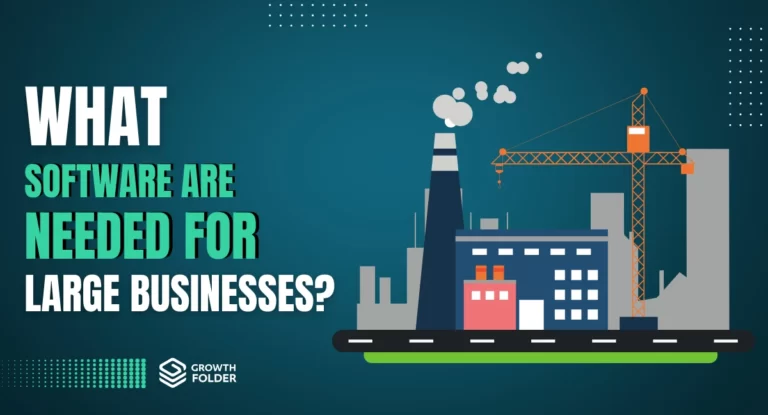
Picture yourself as a budding baker, with a passion for creating delicious cakes that leave people licking their lips and coming back for more.
Now imagine that you’re trying to whip up a cake cream in a kitchen without any of the necessary tools – no measuring cups, no spatulas, no mixing bowls.
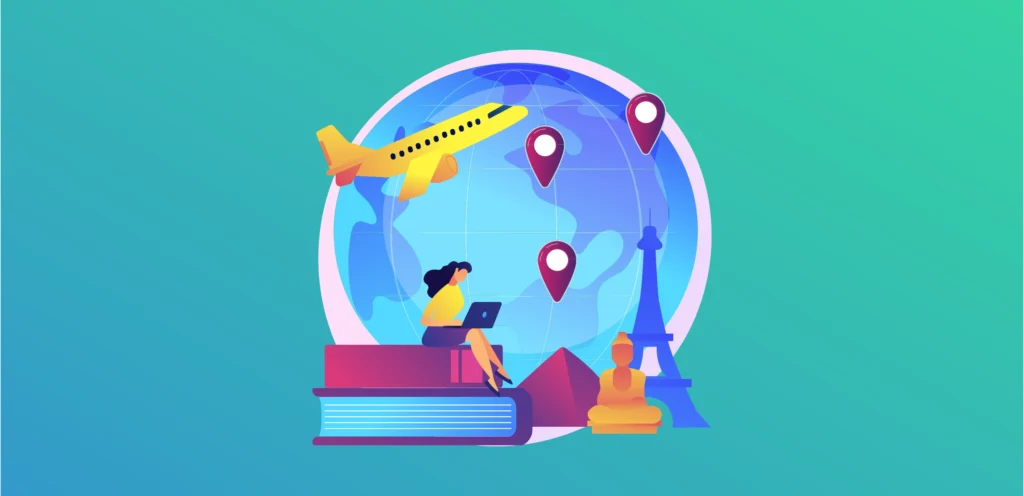
How would you even begin?
Sure, you could try to eyeball the measurements and mix everything together with your hands, but let’s face it – the end result would be a hot mess.
Just like a baker needs the right tools to create delicious chocolate cakes and choco-chip cookies, businesses, in general, and the tourism business, in particular, need the right business tools to create memorable experiences for their customers.
In this article, we’ll explore the importance of business tools in tourism industry and how they can help tourism businesses rise to the top of the industry.
So grab your apron and let’s get baking – er, I mean, let’s get exploring!
Importance of Business tools in tourism industry
✅ Streamlining Operations
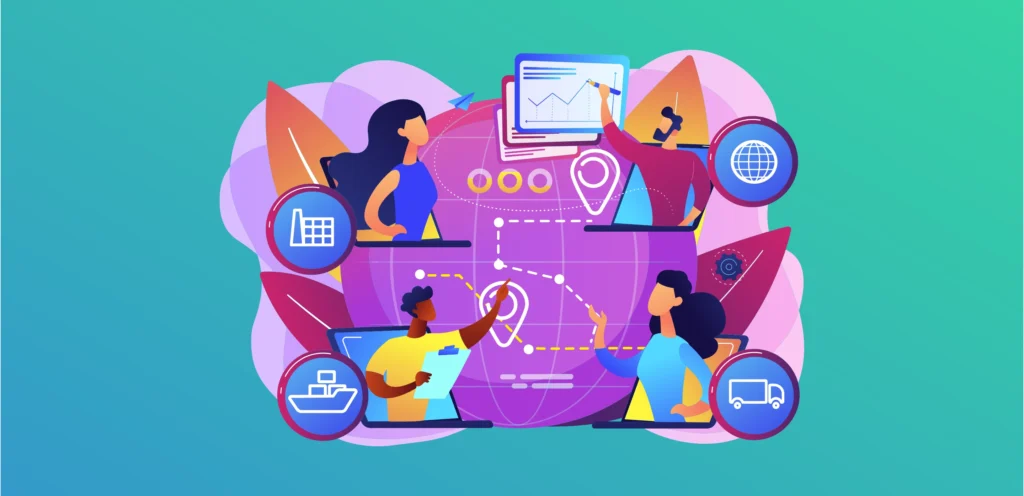
Streamlining operations is essential to any business, and the tourism industry is no exception.
Specifically, Tourism businesses must manage bookings, inventory, billing, and various other tasks while providing exceptional customer service.
This is because of the fact that this industry involves direct people interaction.
Property management systems (PMS) have become a popular business tool for hotels and resorts.
PMS automates repetitive but crucial tasks such as booking management, inventory control, and billing, freeing up staff to focus on providing excellent customer service.
For example, the Marriott International Hotel Group uses their Marriott Bonvoy™ mobile application to streamline the check-in process, enabling guests to check in, choose their room, and receive a digital key, allowing them to skip the front desk and go directly to their room.
Tour operators can use booking software to manage reservations and ticketing.
Companies like Viator, TripAdvisor’s online travel platform, offer booking software to tour operators.
The platform simplifies the reservation process for both the operator and the customer.
Transportation companies can also benefit from fleet management systems to keep track of vehicles and optimize routes.
For instance, Avis, the car rental company, uses a fleet management system that enables them to track and manage their cars in real-time.
The system provides detailed information about the car’s location, fuel level, and other essential information.
✅ Enhancing Customer Experience
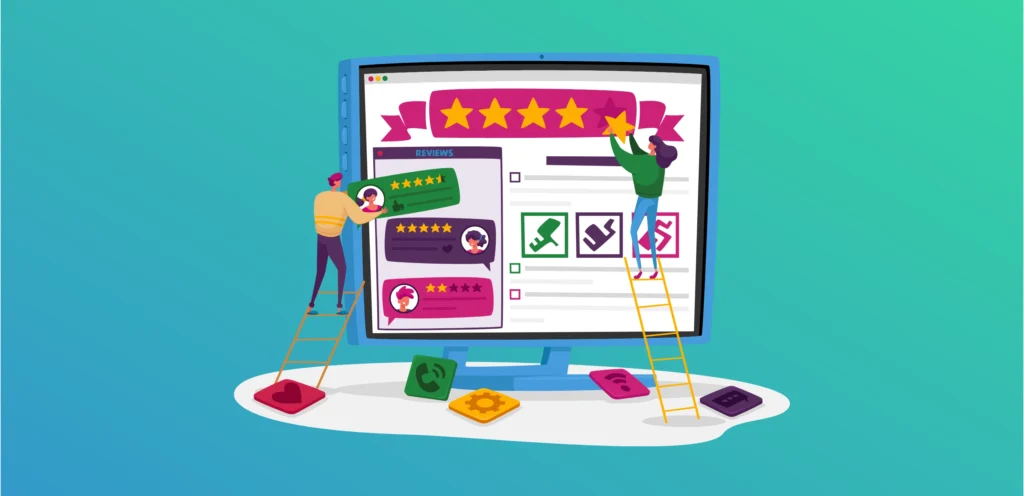
The customer experience has no doubt become a key factor in the tourism industry.
Gone are the times when people travel just to travel.
Customers now want a more personalized and efficient service than before.
The tourism industry has embraced technology to meet these expectations.
Mobile apps and online booking systems have made it easier than ever for customers to plan and book travel services.
Social media platforms and messaging apps have enabled real-time communication between businesses and customers.
Augmented and virtual reality tools have also opened up new opportunities for businesses to provide immersive and interactive experiences.
For example, Royal Caribbean International, the cruise line company, has developed a mobile app that allows passengers to navigate the ship, book shore excursions, make dinner reservations, and stay connected with other passengers on the ship.
✅ Leveraging Data Analytics

In the 21st century when data is everything, Data analytics tools have become essential for tourism businesses.
By analyzing data on customer behavior, preferences, and trends, businesses can gain valuable insights into how to tailor their services to meet the needs of their target audience.
For example, hotels can use data on booking patterns to adjust room rates, while theme parks can analyze visitor feedback to identify areas for improvement in attractions and amenities.
Another example of how businesses can leverage data analytics to improve their services is Disney’s MagicBand, a wearable device that guests use to enter the park, pay for food and merchandise, and access other attractions.
MagicBand collects data on guest behavior, preferences, and trends.
The data collected is used to improve the guest experience, personalize services, and increase revenue.
✅ Managing Finances

Accounting and financial tools such as cloud-based accounting software, payroll management systems, and expense-tracking apps can help businesses manage their finances more efficiently and effectively.
Having a unified dashboard for all your financial transactions and refunds makes the whole process of the customer journey a buttery smooth experience.
These tools can automate tasks such as invoicing and payroll processing, reduce the risk of errors and fraud, and provide real-time financial insights that enable businesses to make more informed decisions.
For example, Xero, a cloud-based accounting software company, offers a suite of financial tools to help tourism businesses manage their finances effectively.
✅ Marketing and Promotion

Marketing and promotion have always been essential to the tourism industry because tourism is a business that caters 24x7x365.
Digital marketing tools such as search engine optimization (SEO), social media advertising, and email marketing have become increasingly important for tourism businesses to reach their target audience.
These tools allow businesses to create targeted and personalized campaigns that resonate with customers and drive bookings.
For example, VisitScotland, the national tourism organization for Scotland, uses social media advertising to promote the country as a tourist destination.
They created a series of short videos showcasing the country’s attractions, culture, and people, and targeted them to specific demographics on social media platforms such as Facebook and Instagram.
The campaign was a huge success, generating millions of views and increasing tourism revenue.
Another example is Airbnb, the online marketplace for short-term lodging. Airbnb leverages email marketing to promote its services to both hosts and guests.
They send targeted emails based on user behavior and preferences, such as recommendations for similar properties or discounts on future bookings.
This personalized approach has helped Airbnb become one of the most successful companies in the tourism industry.
What are the business tools used in tourism industry?
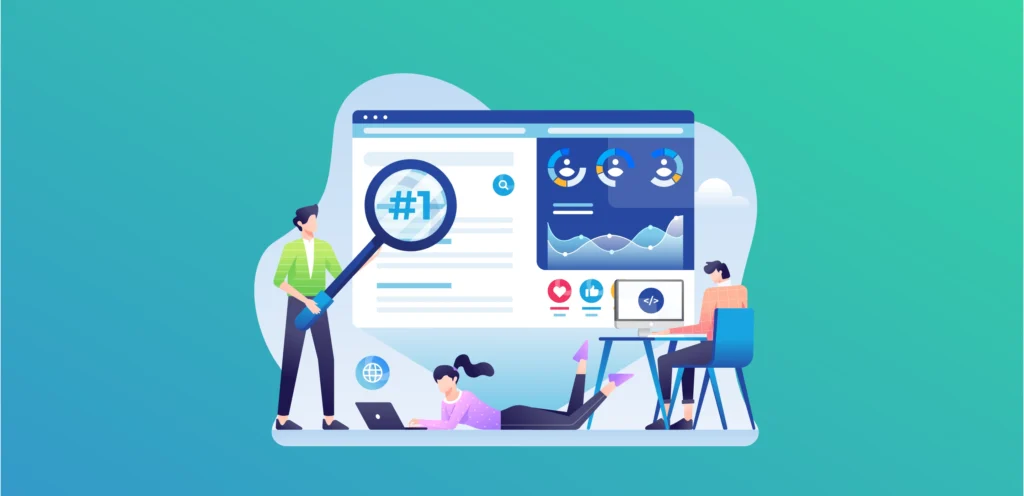
1. Reservation and booking systems
Reservation and booking systems allow customers to easily book and pay for their travel arrangements, and allow businesses to manage their inventory and track sales.
These systems can also provide businesses with valuable data on customer behavior and preferences, allowing for targeted marketing and personalized experiences.
By offering easy and convenient booking options, businesses can improve customer satisfaction and increase revenue.
2. Customer Relationship Management (CRM) software
CRM software helps businesses manage customer interactions, preferences, and data, allowing for targeted marketing campaigns and personalized experiences.
With CRM software, businesses can track customer behavior and preferences, such as preferred destinations and travel dates, and use this information to provide tailored recommendations and offers.
This can improve customer loyalty and retention, leading to increased revenue and business growth.
3. Revenue management systems
Revenue management systems enable businesses to optimize pricing and revenue by analyzing market trends and customer behavior.
These systems can use data to adjust prices in real-time based on demand, supply, and other factors.
By optimizing pricing, businesses can increase revenue and profitability, as well as improve customer satisfaction by offering competitive prices.
4. Accounting and finance software
Accounting and finance software simplifies financial management by automating tasks such as invoicing, expense tracking, and payroll.
By streamlining financial processes, businesses can save time and resources, reduce errors, and gain better visibility into their financial health.
This can help businesses make informed decisions and improve overall financial performance.
5. Data analytics tools
Data analytics tools allow businesses to collect, analyze, and use data to make informed decisions about their operations, marketing, and customer experience.
These tools can provide valuable insights into customer behavior and preferences, as well as market trends and competition.
By using data analytics, businesses can improve their operations, marketing, and customer experience, leading to increased revenue and business growth.
6. Social media management software
Social media management software helps businesses manage and schedule social media posts, analyze engagement and metrics, and create targeted advertising campaigns.
Social media is a powerful marketing tool for tourism businesses, as it allows them to showcase their destinations and services, engage with customers, and promote special offers and events.
By effectively managing social media, businesses can increase brand awareness, customer engagement, and bookings.
7. Customer review and feedback management software
Customer review and feedback management software enable businesses to monitor and respond to customer reviews and feedback and improve their overall reputation and customer satisfaction.
Reviews and feedback are important for tourism businesses, as they can significantly impact customer decision-making.
By actively managing reviews and feedback, businesses can improve their reputation, customer satisfaction, and ultimately, revenue.
8. Virtual tour and visualization software
Virtual tour and visualization software provides customers with immersive, virtual experiences of destinations and accommodations, increasing engagement and bookings.
Virtual tours and visualizations can be used to showcase destinations, accommodations, and attractions, as well as provide customers with a preview of their travel experience.
By offering virtual tours and visualizations, businesses can improve customer engagement, increase bookings, and differentiate themselves from competitors.
9. Mobile applications
Mobile applications allow businesses to offer mobile bookings, alerts, and customer service, enhancing the overall travel experience.
Mobile applications are increasingly important for tourism businesses, as more customers are using mobile devices to research and book their travel arrangements.
By offering mobile applications, businesses can provide customers with convenient and personalized experiences, improve customer satisfaction, and increase bookings.
10. Email marketing software
Email marketing software allows businesses to create targeted and personalized email campaigns to promote their services, special offers, and events to customers.
Email marketing is a cost-effective and efficient way to reach customers and promote business offerings.
By using email marketing, businesses can increase brand awareness, customer engagement, and bookings.
The challenges of using technology in the tourism industry
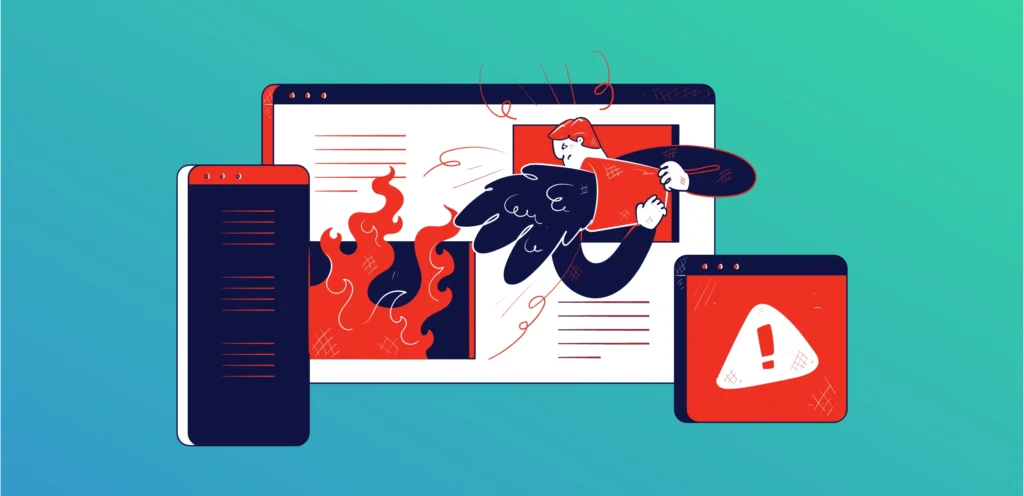
While technology can offer many benefits to the tourism industry, there are also some crucial challenges that businesses may face when implementing new technology solutions. Here are some of the main challenges:
Cost
Implementing new technology can be expensive, and some businesses may not have the budget to invest in the latest tools and solutions.
Technical expertise
Some businesses may not have the technical expertise or resources to implement and manage new technology solutions, which can lead to additional costs and delays.
Cybersecurity
As with any industry that relies on technology, the tourism industry is also vulnerable to cyber threats such as data breaches and hacking attempts.
Businesses need to invest in robust cybersecurity measures to protect their customers’ personal and financial information.
Privacy concerns
With the increasing use of technology in tourism, there are growing concerns about privacy and data protection.
Businesses need to be transparent about their data collection and usage practices and ensure that customer data is kept safe and secure.
Digital divide
Not all customers have access to the latest technology or the internet, which can create a digital divide in the industry.
Businesses need to ensure that they are not excluding certain customers and that they are providing accessible options for those who do not have access to technology.
Dependence on technology
Over-reliance on technology can lead to issues if there is a system failure or a technical glitch.
Businesses need to have contingency plans in place to deal with such scenarios and ensure that they can still provide a high level of service to customers.
Conclusion – Importance of Business Tools In Tourism Industry
As we’ve explored in this article, with advancing times, business tools are becoming essential for success in the tourism industry.
They help businesses to streamline their operations, increase efficiency, and provide exceptional customer experiences.
From online booking systems to social media management tools, there is a wide range of solutions available that can benefit tourism businesses of all sizes.
By embracing these tools and staying up-to-date with the latest technology trends, businesses can position themselves as leaders in the industry and attract more customers.
So if you’re in the tourism industry and want to take your business to the next level, it’s time to invest in the right business tools and start reaping the rewards.
Remember, just like a baker needs the right tools to create their masterpiece chocolate cake, businesses in the tourism industry need the right tools to create unforgettable experiences for their customers.
So pack your bags and get ready to rise to the top of the industry and leave your competition in the dust.


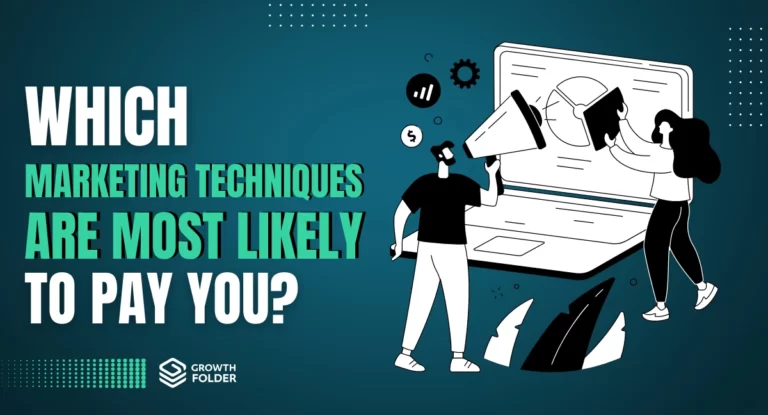


![How to Monetize a Newsletter [5 Super-Easy Ways]](https://growthfolder.com/wp-content/uploads/2023/07/How-to-Monetize-a-Newsletter-768x415.webp)
